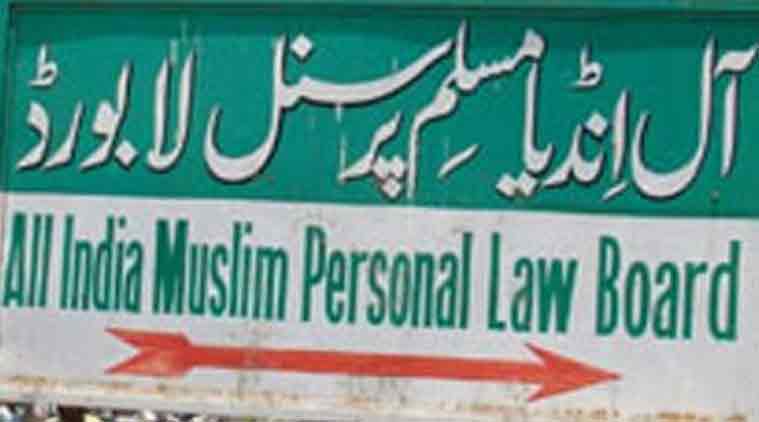The Muslim law of maintenance differs from the law of maintenance in most other systems of law, since in most cases the obligation of a Muslim to maintain another arise only if the claimant has no means or property out of which he or she can maintain himself or herself.
It is true that the obligation to maintain one’s children is a personal obligation in the same sense in which it is under Hindu law, but unlike Hindu law, it is not an absolute obligation, and a Muslim is not required to maintain his children if the latter have their own sources of income or property, out of which they can maintain themselves.
ADVERTISEMENTS:
Even the obligation to maintain one’s aged and infirm parents arises only if one is in easy circumstances and the parents are destitute. The obligation to maintain other relations arises only if one is in easy circumstances and the relations are poor, and, it extends to only those relations who are within the degrees of prohibited relationship, and then, too, only in proportion to the share one would inherit from them on their death.
It is only in the case of a wife that the obligation is absolute in the sense that a husband is required to maintain his wife irrespective of her financial position (she may be rich) even if he is not in a position to support her.
The Muslim law of maintenance may be discussed from the point of view of the persons entitled to maintenance. Such persons are:
(i) The wife or husband,
ADVERTISEMENTS:
(ii) The children,
(iii) The parents and grandparents, and
(iv) The other relations.

